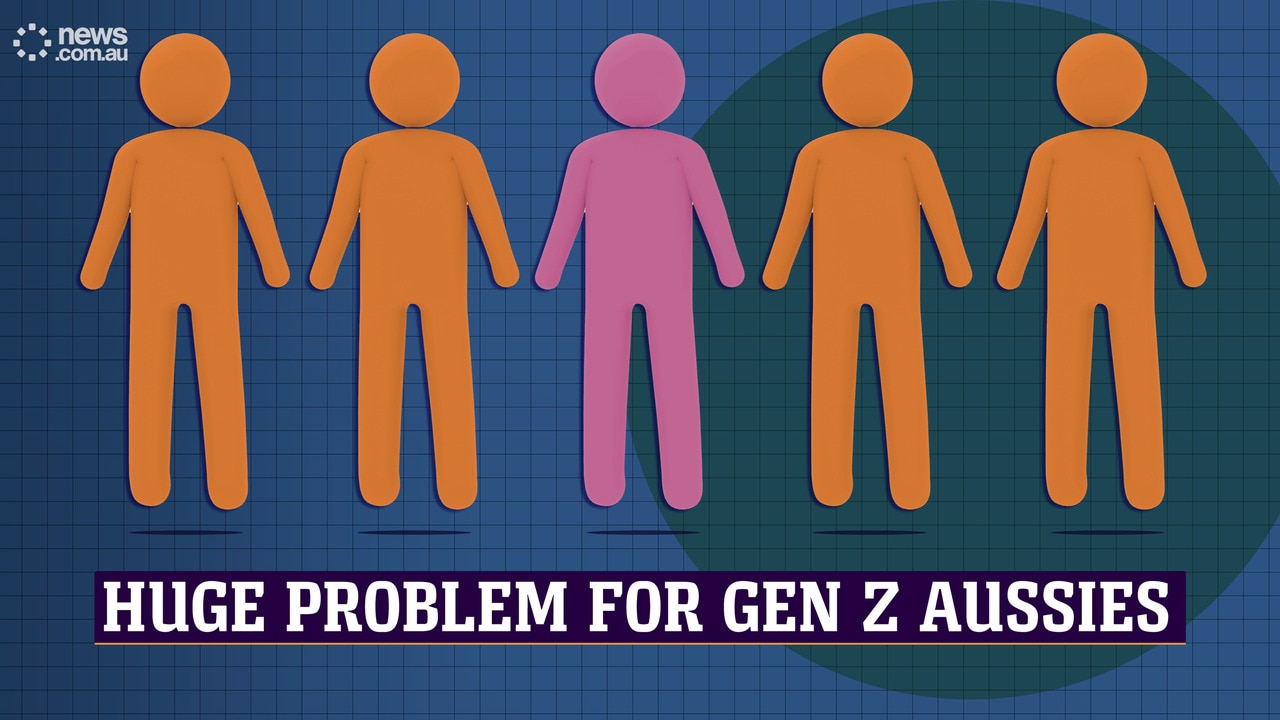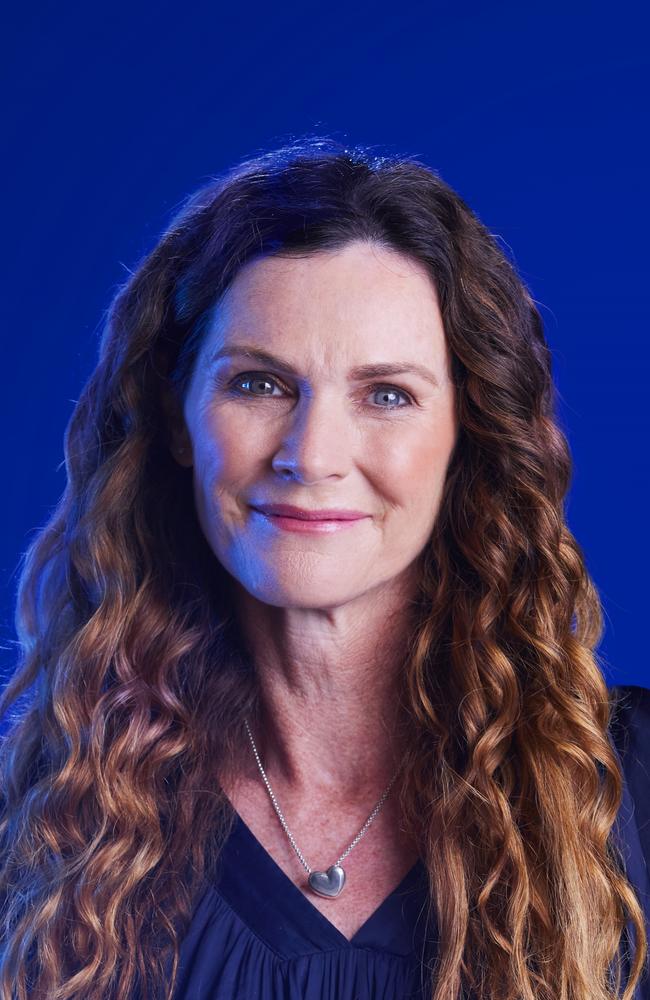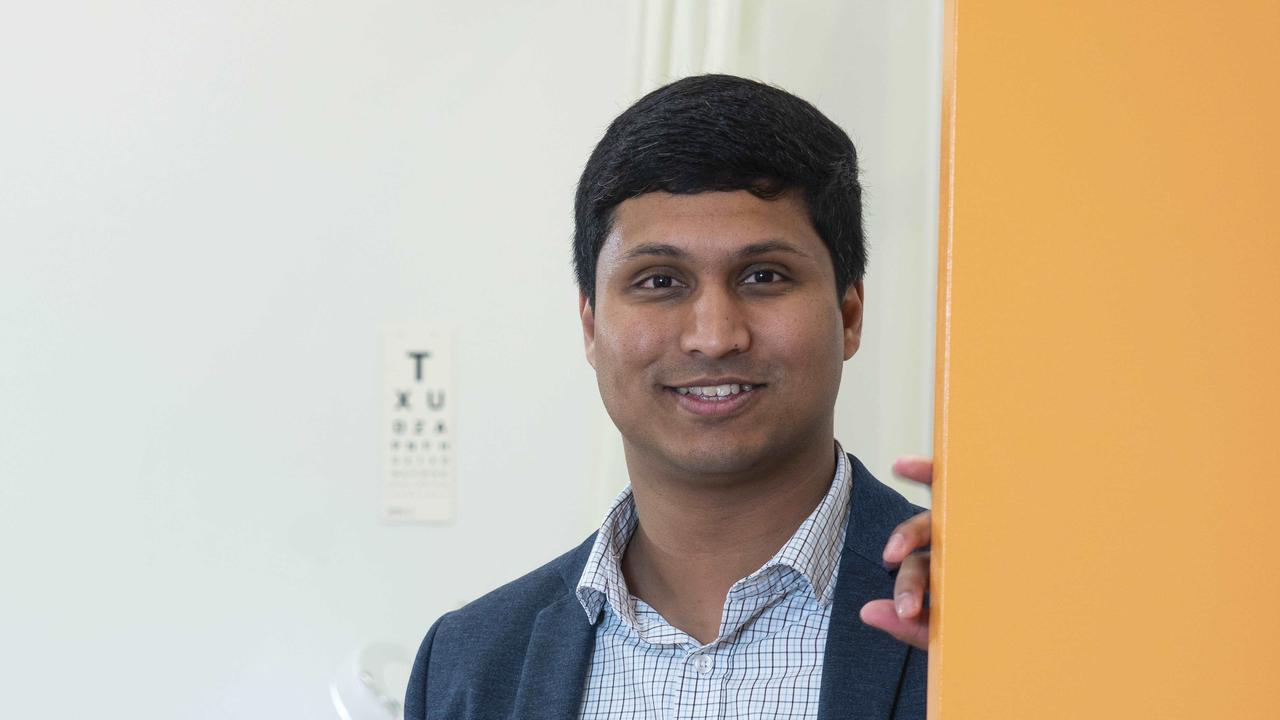Commute, cleaning among the microstressors getting Aussies down
These are the daily dilemmas research has revealed are threatening the wellbeing of Australians, with some stressed people relying on a cycle of caffeine and alcohol to try and cope.

Mental Health
Don't miss out on the headlines from Mental Health. Followed categories will be added to My News.
Money, conflict in relationships and feeling lonely are the top three daily issues that are getting us down, as nearly half of Australians grapple with stress.
New research, as part of News Corp’s Can We Talk? campaign with Medibank, has revealed the everyday factors negatively affecting our mental wellbeing.
One third of Australians surveyed said feeling guilty about money or behind financially was getting them down, followed by conflict with family, friends and colleagues (22 per cent) and feeling lonely (21 per cent).
There is also a growing list of ‘micro-stressors’ we struggle with each day, including household chores, changes of plans, the weather, doom scrolling on social media and the commute to work or school.
Psychologist Rachel Clements said anxiety was wreaking havoc on people’s work, study, relationships and health, and could cause long-term issues such as heart disease and even chronic fatigue.

“It is the most predominant form of mental health issue that we see and it’s definitely getting worse,” Ms Clements, a member of R U OK?’s Conversation Think Tank, said.
“Anxiety is a bit of a silent mental health issue because people think it’s just stress … but will tell me in sessions: ‘Oh I’ve actually been feeling like this for three years’.
And mental health experts say more people are being caught in a caffeine and booze trap to cope with the pressure of work and life.
Nearly half (46 per cent) of people are stressed, and 36 per cent are struggling to get enough sleep every week, the research by News Corp’s Growth Distillery with Medibank found, while 41 per cent experience anxiety.
“We’re going through a very volatile time in the world so we’re almost in a constant state of hyper alertness,” Ms Clements said.
She said it was not uncommon for people to drink six or more coffees a day as they weren’t sleeping, then down one or two bottles of wine every night to numb their anxiety.
“We see a lot of people with anxiety in a caffeine alcohol cycle for years as a coping strategy … but it’s not addressing the cause of their problem,” she said.
News Corp launched the Can We Talk? campaign earlier this year, in partnership with Medibank, to help Australians discuss their mental health and drive more government support.
Today the latest phase, focused on anxiety, launches.
Ms Clements, director of psychological services at the Centre for Corporate Health, said parents were now booking counselling and psychology appointments for children as young as eight through free employee assistance programs, which were traditionally for staff.
She said long waiting lists for psychologists in the private health system and cost of living pressures were helping drive the trend.
“Eight years ago we never had children coming through the EAP but now a lot of employees are looking at them as a solution for their children … and anxiety is significant in our data,” Ms Clements said.
“We’ve had to hire psychologists specialising in children to manage the emerging need.”
University of Sydney psychiatrist Dr Elizabeth Scott said if you’re more anxious or more stressed, something small could tip you over the edge, as your coping strategies were not as good.
“The things that people find stressful are often unpredictable and outside of their control, like trying to get to work on time, and dealing with public transport or traffic,” Dr Scott, a member of Medibank’s Mental Health Reference Group, said.
She said people were often surprised when they reached a tipping point over something small, and it could be a wake-up call to address the deeper issue.
“You could be having difficulty at work or in a relationship, but you think you’re doing okay,” she said.
“And then suddenly a friend cancels, and it’s the straw that breaks the camel’s back.
“It can make people feel very distressed.”
Dr Scott said it was important for people to monitor their stress levels and take regular mental health “pulse checks”.
Can We Talk? is a News Corp awareness campaign, in partnership with Medibank, helping Australian families better tackle mental wellbeing. To follow the series and access all stories, tips and advice, visit our new Health section.
More Coverage
Originally published as Commute, cleaning among the microstressors getting Aussies down




